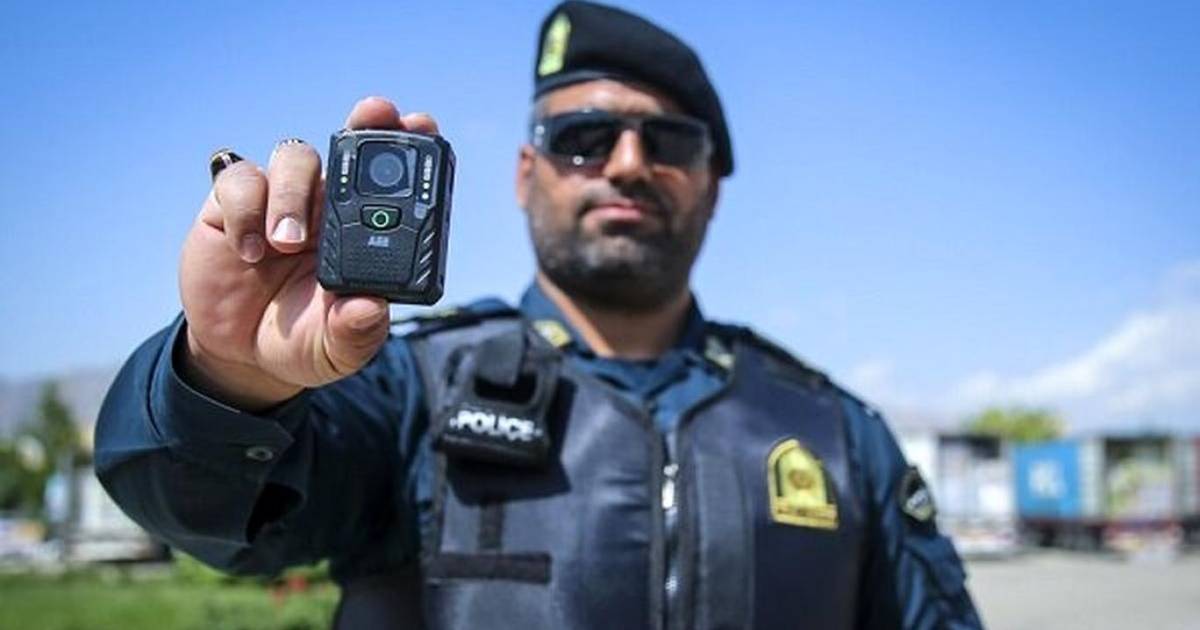
Similar Posts
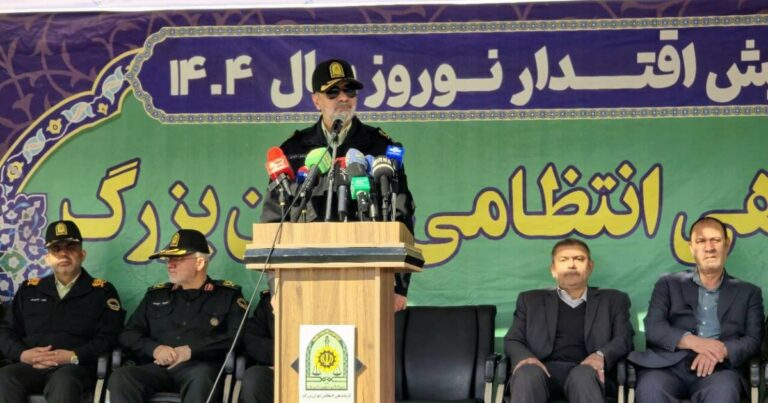
Iranian Police Enforce Border Closures as New Year Approaches
As Iran enters year 1404, national police commander General Ahmad-Reza Radan has announced plans to enhance border security and combat rising crime, exacerbated by economic pressures. Key initiatives include a four-meter concrete wall along the Afghan border, aimed at curbing drug trafficking and illegal entries, with completion expected in two years. Radan also prioritized reducing traffic violations and intensifying efforts against theft and drug-related crimes. For Nowruz celebrations, over 250,000 police personnel will ensure public safety. While crime rates, including theft, have reportedly decreased, tensions persist between cultural traditions and religious conservatism in Iran.
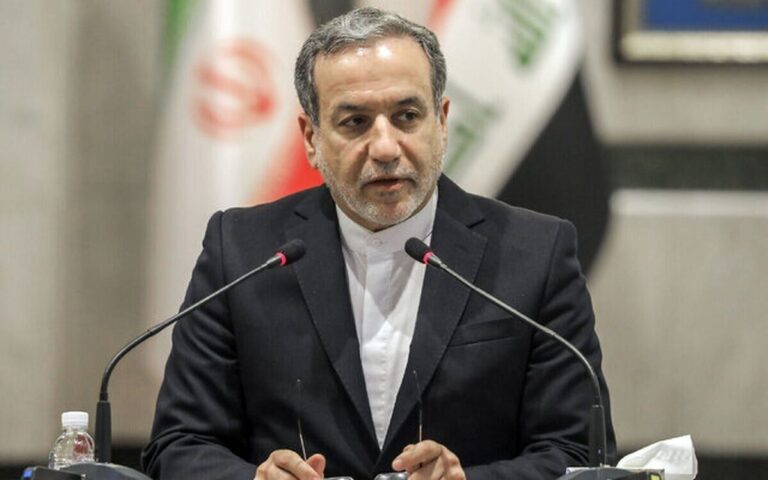
Iran’s Foreign Minister Advocates for ‘Maximum Wisdom’ Over ‘Maximum Pressure’ for Smart Diplomatic Strategies
Iran’s Foreign Minister Abbas Araghchi criticized former President Donald Trump’s “maximum pressure” strategy, calling it a failure that will only incite “maximum resistance” from Iran. He reiterated Iran’s commitment to the Non-Proliferation Treaty (NPT) and asserted that the country will never pursue nuclear weapons. Araghchi suggested that achieving practical assurances against nuclear weapon development is possible if economic pressures and sanctions are lifted. His comments come in response to Trump’s recent move to reinstate the pressure campaign against Iran, emphasizing the need for “maximum wisdom” in addressing these international relations challenges.
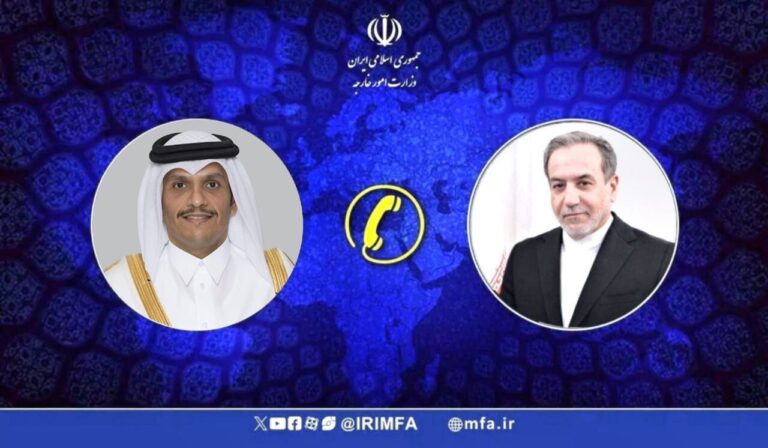
Strengthening Bilateral Ties: Foreign Minister Araqchi and Qatari Counterpart Address Gaza Situation
Iran’s Foreign Minister Abbas Araqchi and Qatari counterpart Mohammed bin Abdulrahman Al Thani held a significant telephone conversation on April 21, 2025, aimed at strengthening bilateral relations amid the humanitarian crisis in Gaza. They discussed enhancing cooperation between the two countries, regional developments, particularly the Gaza situation, and ongoing nuclear negotiations. Additionally, they addressed various mutual interests to reinforce their partnership. This dialogue underscores both nations’ commitment to tackling critical regional challenges and fostering collaboration in the face of adversity.
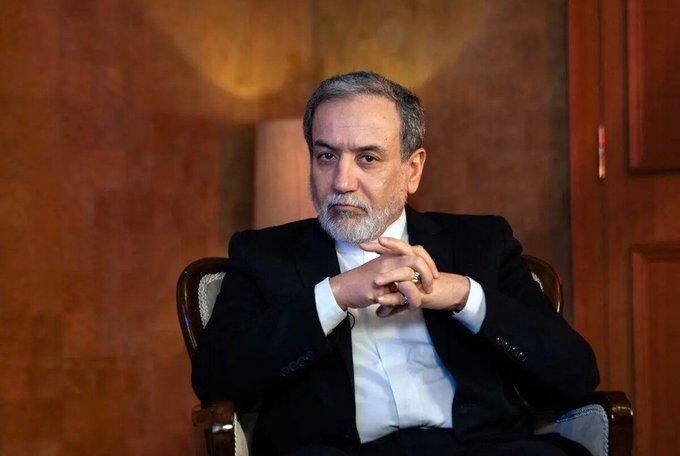
Israel’s Systemic Human Rights Violations Bar Its Inclusion in Regional Security Framework, Says Araqchi
Iran’s Foreign Minister Abbas Araqchi criticized Israel’s role in the West Asia region, stating its systemic human rights violations and militarization hinder sustainable security. In his memo, he argued that Israel destabilizes collective security efforts, maintains a nuclear program that undermines non-proliferation, and evades accountability while regional states comply with international norms. Araqchi highlighted the historical context of Israeli aggression and the current regional instability. He proposed that the future of West Asia should focus on institution-building, transnational cooperation, and inclusive governance, with Iran positioning itself as a supportive partner rather than a hegemonic power.
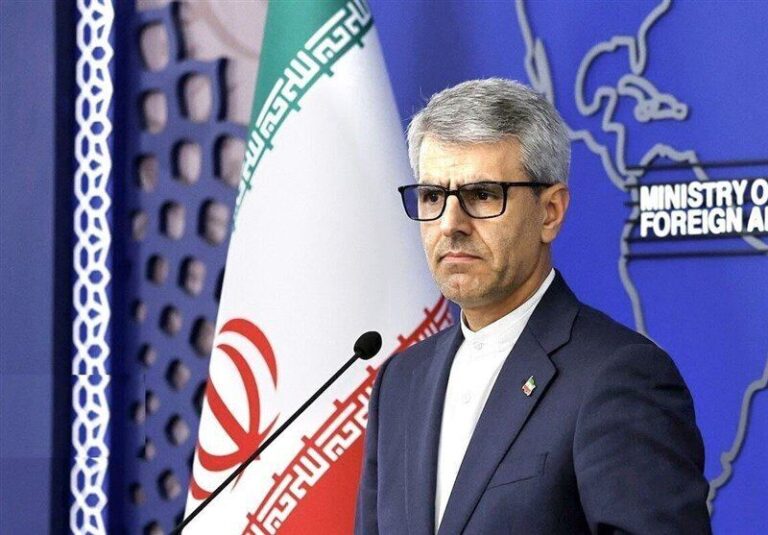
Iran’s Foreign Ministry Spokesperson Stands Firm on Principled Stance Amid Global Challenges
Iran’s Foreign Ministry spokesperson Esma’eel Baqayi reaffirmed the country’s commitment to supporting resistance movements while addressing terrorism in the region. He criticized the influence of the US and Israel, advocating for regional equality and questioning Israel’s role in ongoing conflicts. Baqayi condemned Israeli attacks on Syrian military facilities following Turkey-backed advances and highlighted Israel’s reoccupation of the Golan Heights, which he said undermines Syrian sovereignty. He emphasized Iran’s long-standing non-imperialist stance, focusing on the Palestinian cause, and reiterated its historical role in combating terrorism, led by figures like Qassem Soleimani, while maintaining a consistent foreign policy.
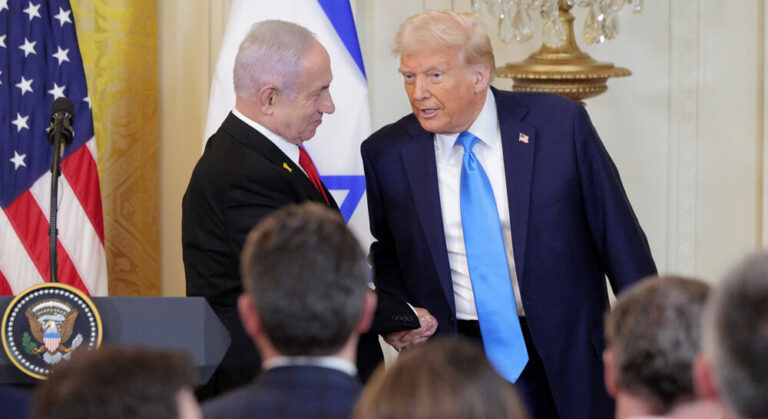
US Allies Reject Trump’s Controversial ‘Gaza Takeover’ Proposal
Former President Donald Trump’s recent remarks about potentially U.S. control over the Gaza Strip have drawn widespread international condemnation. He suggested transforming Gaza into the “Riviera of the Middle East,” prompting concerns about Palestinian displacement. European leaders, Saudi Arabia, Egypt, and Turkey rejected the proposal, asserting it violates international law and calling for Palestinian rights. Notably, Saudi Arabia’s Crown Prince reaffirmed opposition to any displacement, while Egypt emphasized the need for reconstruction without forced relocations. Global leaders, including those from Russia and China, echoed the call for a two-state solution, highlighting the complexities surrounding the ongoing conflict. The UN also warned against potential breaches of international law.